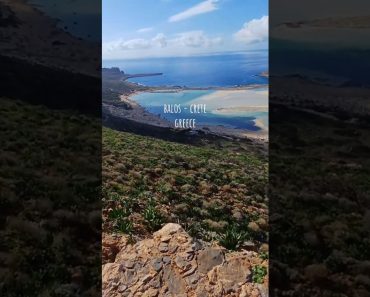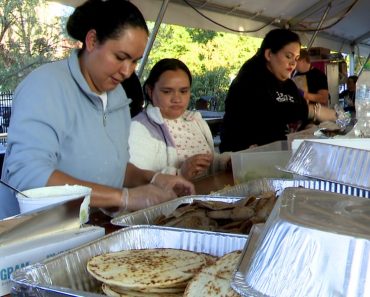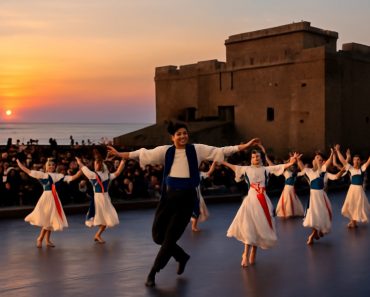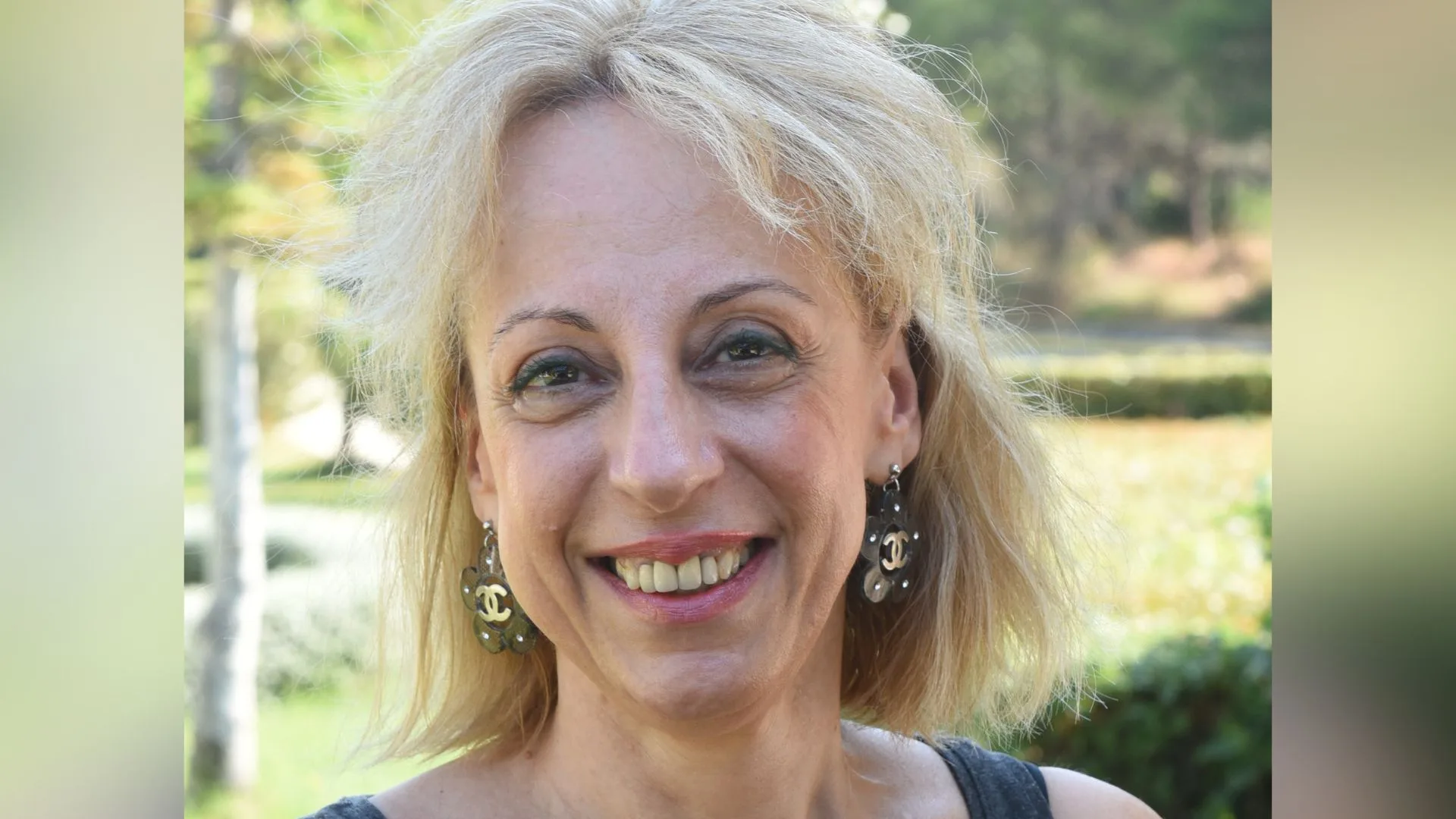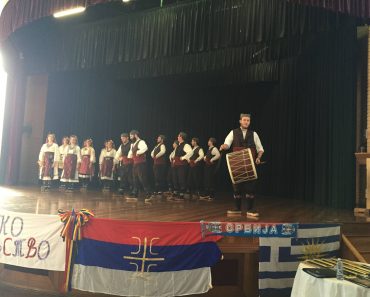Matthew Kalesis, whom I met many years ago in New York, I remember had told me about his encounters with a Greek who lived in primitive conditions together with indigenous headhunters in the wild forests of Ecuador. At the time, as a pilot in the U.S. Air Force, he and his colleagues were guarding the Panama Canal from the Nazis, who were present in almost all of Latin America.
Kalesis, who was over 81 years old when we met, had told me that as long as he lived, he would always remember Cornelius, our forgotten compatriot deep in the jungles. “Despite his adventures and hardships, he was a good Greek, who loved his homeland and always spoke to me in Greek,” he stressed to me.
Mathew Kalesis did not remember Cornelius’s other name, but he was probably from Crete. It was unknown how he ended up with the headhunters, but he lived with them for several years when he was young and fond of adventure.
He told me that as the years passed, Cornelius divided his time between those primitive natives and the civilized world. He would go down to a small city in Ecuador, Guayaquil, and stay in a rented room at a small hotel. Leaving the wilds, he would take with him small primitive objects they made, which he would sell.

Kalesis was serving at that time, in 1943, at an American base in Ecuador, near the Pacific coast.
One day, along with a fellow pilot, he flew to Guayaquil to buy personal items. When they went into a clothing store, the Spanish owner, upon hearing that he was Greek, asked him if he knew Cornelius, who, as she said, would come down to the city from time to time and stay at a nearby hotel. The introduction soon took place.
“I met him three times,” Kalesis told me. “He was a good man, interested in Greece and all things Greek. Proof of this is that, I don’t know where and how, he would find the National Herald and take it back with him to the headhunters to read… He explained to me that he lived in primitive conditions with the natives and that they hunted every day.”
Once, when an American plane crashed in the dense forests, the Americans contacted Cornelius and asked him to search for the site of the accident himself.
On that occasion, Kalesis told me, during one of their meetings, Cornelius gave him a pistol and some photographs from his life with the natives. In one of them, the National Herald could also be seen. “I give these to you so you can remember the life I led,” he had said.

Photo: Courtesy M. Kalesis
Cornelius, as Kalesis recounted, had confided to him his grievance: that when his father learned that his son was living with headhunters, he was so distressed that he disinherited him.
Mathews Kalesis never saw him again and never heard of Cornelius afterwards, but from those wartime years, he had other memories too.
I remember him telling me that he had been in a convoy that left from New Orleans for South America. “We faced dangers along the way, from German submarines that were in the area,” he told me. “Don’t forget that the war was still going on, and that sea region, as well as South America, was full of German Nazis and their Japanese allies. We traveled carefully and made the trip in 7-8 days. Thank God, nothing happened to me.”
Kalesis was in the force that, during those war years, protected the Panama Canal from possible sabotage by the Nazis.
“There were great dangers, but also great, powerful emotions,” I remember him saying to me. “What can I say? Life has many things and holds surprises. No one knows what may happen to him.”


